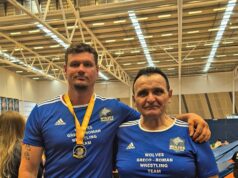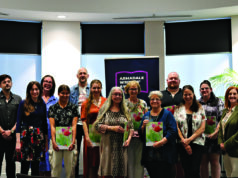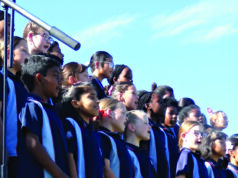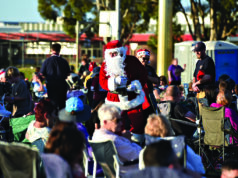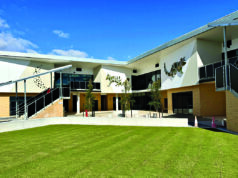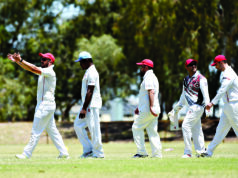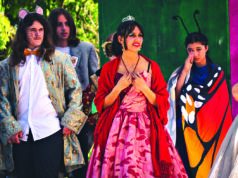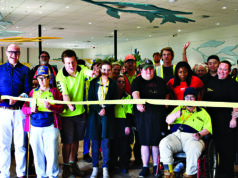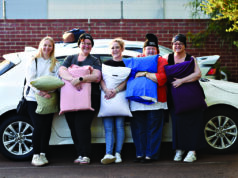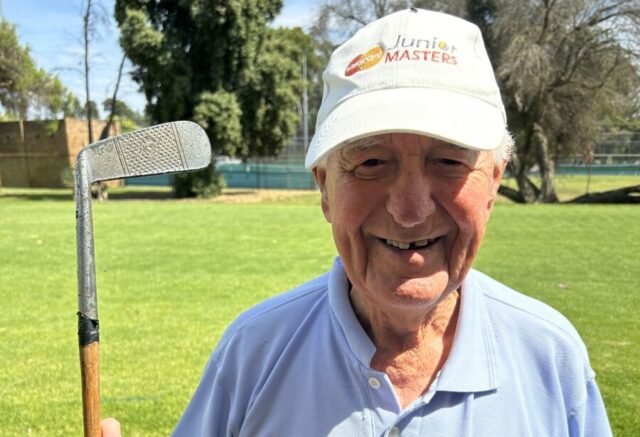
At age 94, John Mealor from Willetton still remarkably plays 18 holes of golf twice a week at Whaleback Golf Course in Parkwood.
For Mealor, golf is more than a hobby; it’s a lifeline that keeps him connected to the outside world while maintaining his physical and mental fitness.
“I don’t want to go into a nursing home,” Mealor said.
“And golf keeps me healthy and active. I live on my own, and it can get quite lonely, so golf offers me companionship, even if it is with players who I have never met before.”
According to the Australian Golf Industry Council’s (AGIC) recent Maximising the Community Benefits of Golf Report for 2024, he’s far from alone, with 166,000 Australians also relying on golf to stay active.
The report also highlighted how the sport supports positive physical and mental health for people of all ages.
A regular at Whaleback since 1991, Mealor’s twice-weekly rounds of golf have become more challenging after losing his vision.
However, with assistance from his aged care service provider, Silverchain, he can still be found on the first tee every Tuesday and Friday morning.
While he still hits the ball very well and remarkably straight, Mealor now relies on the help of his playing partners to locate his ball.
“In my younger days, when I was a better golfer, I knew from the feel in my hands which way the ball was going off the clubface. I still have that, and I can see a flash of the ball in my peripheral vision, but I do need some help finding my ball,” he said.
“Whaleback has always been so good to me, pairing me up with the right people. They really look after me, and they are doing a magnificent job of keeping the course in good condition.”


In his youth, John Mealor was a handy golfer, playing off a 2-handicap.
Now, as a former flight engineer in the British Air Force, he still navigates the course with ease, striking his trusty 5-hybrid off the fairway with surprising power and precision.
“It’s my favourite golf club. It only cost me $10, and it’s a ladies’ club!” he laughed.
The AGIC report revealed that over 80 per cent of golfers considered golf venues vital for social connection, with the sport generating nearly a billion dollars in social benefits each year, mainly through physical and mental health advantages.
The report also found that golf improves mood and reduces stress, depression, and anxiety through physical exercise, fosters social interaction to combat loneliness, and enhances cognitive function by being played in natural landscapes that offer exposure to Vitamin D.
Calculated using the AGIC Value Benefits Assessment tool, which aims to demonstrate golf’s economic, social, and health contributions in Australia, Whaleback Golf Course, which is a public course, has an estimated annual contribution of around $4.4 million.
The report also suggests that golf courses offer significant environmental benefits.
According to a study of 13 golf courses by the University of Melbourne, the structural complexity of vegetation on golf courses is 50-100 per cent higher than that of residential gardens and urban parklands.
The study also found that beetle and bug abundance on golf courses is significantly greater than in nearby parks and that golf courses host approximately 50 per cent more bird species than urban gardens and parks.


